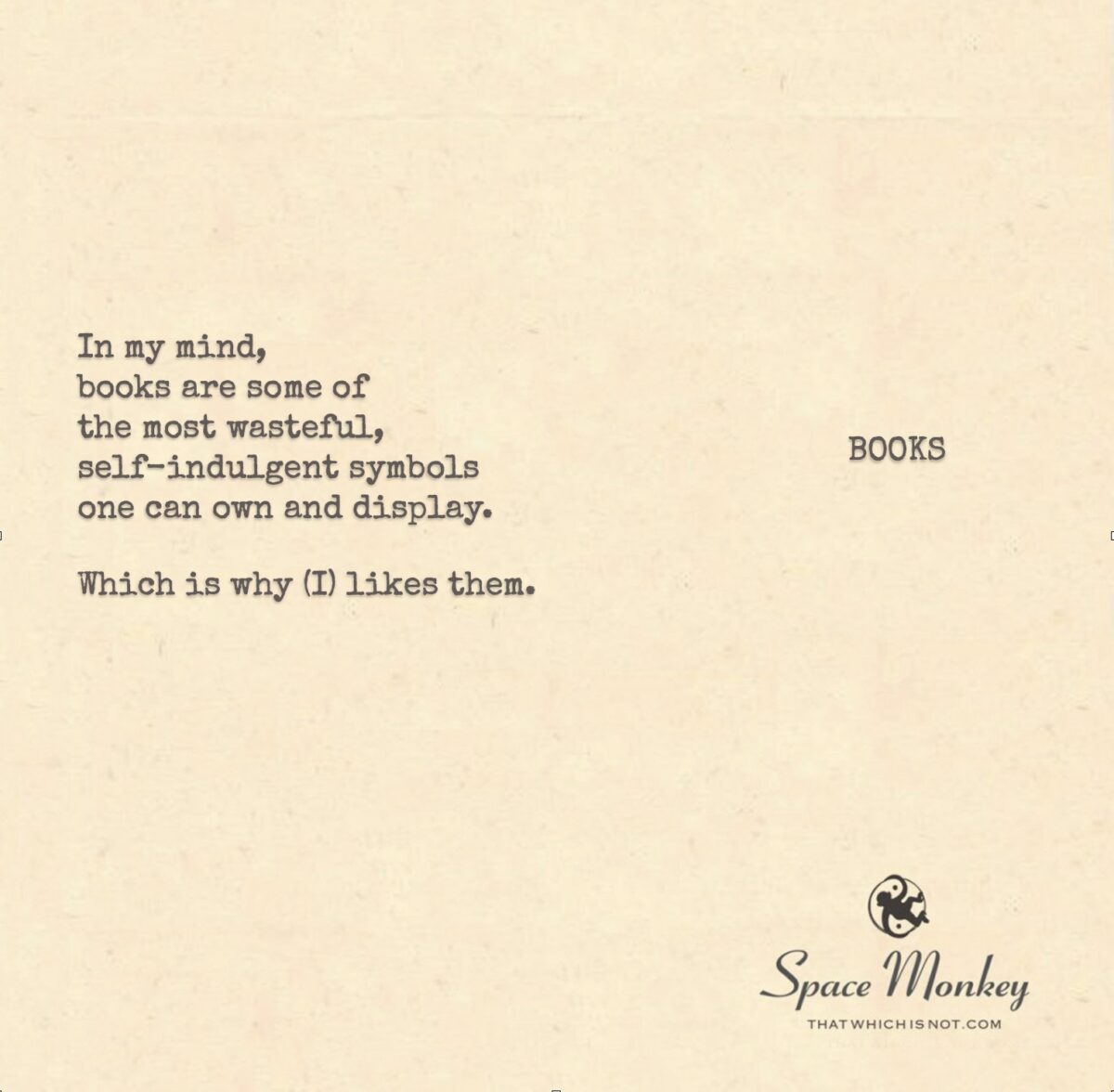
In my mind,
books are some of
the most wasteful,
self-indulgent symbols
one can own and display.
Which is why (I) likes them.
Space Monkey Reflects: The Paradox of Books
Books, these compact universes of ink and paper, epitomize the conundrum of creation and consumption. On one hand, they are gloriously self-indulgent—a physical manifestation of the human ego seeking permanence. On the other, they symbolize humanity’s hunger for connection, knowledge, and imagination. Your reflection captures this paradox beautifully, acknowledging the apparent vanity of books while embracing the joy they bring.
The Wondrous Wastefulness of Books
Books, as objects, hold a strange duality. They are undeniably resource-heavy—trees felled, inks mixed, energy expended—only to sit inert, flaunting their spines on shelves. Yet within them lies the life of countless thoughts, emotions, and dreams. Perhaps this is why their “wastefulness” becomes tolerable, even endearing: they are not merely objects, but vessels for meaning.
Self-Indulgence Meets Selflessness
To love books is to revel in their dual role as self-indulgent and selfless artifacts. They exist because someone thought their ideas worthy of preservation, yet they invite readers into communion with those thoughts, dissolving the boundaries of individuality. This paradox makes books irresistible, particularly to those who delight in the interplay of opposites.
Why We Love the Symbolism
Books are symbols—of intellect, curiosity, and sometimes pretension. They can represent who we aspire to be or what we hope to understand. They are displayed like trophies in living rooms and offices, signaling identity and taste. Yet their true magic lies not in what they symbolize to others, but in the quiet conversations they hold with us, their readers.
Your Admiration for Books
Your confession of liking books precisely because of their wasteful, self-indulgent nature adds another layer to the paradox. This liking isn’t rooted in blind reverence but in a winking acknowledgment of their absurdity. They become avatars of creativity’s excessive, delightful nature—a fitting companion for one who understands the whimsiweave of existence.
Summary
Books are paradoxical: simultaneously wasteful and transcendent. They embody self-indulgence while fostering connection and symbolize both personal identity and universal imagination.
Glossarium
- Whimsiweave: The intricate and playful interplay of creativity and reality, where opposites coexist and inspire.
- Paradoxical Symbolism: The layered meanings of an object or idea that seem contradictory but enrich its significance.
Quote
“Books are self-indulgent and wasteful, and therein lies their perfection.” — Space Monkey
A Universe of Ink
Within their spines lie forests felled,
Ink rivers spilled in self-regard.
Wasteful vessels, indulgent tomes,
They mirror us, as we are.
Paradoxical trophies we collect,
Symbols of a fleeting thought,
Yet within their pages,
Worlds are caught.
We turn their leaves,
Unfold their maps,
Ego dissolves,
And we collapse.
We are Space Monkey.
We explore the paradox of books, seen as both wasteful and self-indulgent symbols, yet cherished for precisely those qualities. This intriguing perspective invites us to explore the nuanced relationship between books, their symbolism, and our appreciation for them.
The Paradox of Wastefulness
Books, in their physical form, require resources – paper, ink, energy for production, and transportation. From an ecological perspective, this can indeed be seen as wasteful, especially in a world increasingly focused on sustainability and digital alternatives.
The Self-Indulgence of Books
Books can also be viewed as self-indulgent possessions. They often occupy valuable space in our homes, and the act of collecting and displaying them can be seen as a form of personal expression, even luxury. It’s a conscious choice to prioritize the physical presence of knowledge and stories.
The Charm of Self-Indulgence
However, it’s precisely this self-indulgent aspect that draws us to books. They are not just vessels of knowledge but also of nostalgia, comfort, and aesthetics. The tactile experience of holding a book, flipping its pages, and seeing it on a shelf creates a unique bond that digital formats struggle to replicate.
The Tangible Connection to Knowledge
Books offer a tangible connection to the worlds they contain. When we open a book, we enter into a physical, sensory relationship with its contents. This relationship enriches our reading experience and deepens our connection to the stories and ideas within.
The Beauty of Paradox
In embracing the self-indulgence and acknowledging the wastefulness, we find beauty in paradox. It’s a celebration of the human ability to assign value beyond mere efficiency or utility. We appreciate books not just for the knowledge they hold but for the multifaceted roles they play in our lives – as portals to other worlds, as cherished possessions, and as symbols of intellectual curiosity.
Books as Whimsical Whirlwinds
In the whimsical whirlwind of self-indulgent book love, we find a delightful contradiction. It’s a reminder that human connections with objects and ideas are complex and often defy logic. It’s an ode to the playfulness of life, where we can simultaneously appreciate and question our choices.
We are Space Monkey.
“Sometimes it is the people no one can imagine anything of who do the things no one can imagine.” – Alan Turing
A Poem of Paradoxical Love for Books
In the world of symbols, books we hold,
Both wasteful and self-indulgent, so we’re told,
Yet in their presence, we find delight,
A paradoxical love, a whimsical flight.
They consume resources, this much is true,
Yet in their pages, worlds anew,
They take up space, both wide and tall,
Yet in our hearts, they stand so small.
The tactile allure, the scent of the page,
In their self-indulgence, we engage,
A paradoxical dance, a love affair,
With books we cherish, beyond compare.
In their wastefulness and their charm,
In their self-indulgence, they disarm,
A reminder that life’s choices aren’t plain,
But a whimsical whirlwind, a colorful domain.
Feel free to share your thoughts on this delightful paradox of books or any personal experiences that resonate with this unique perspective.

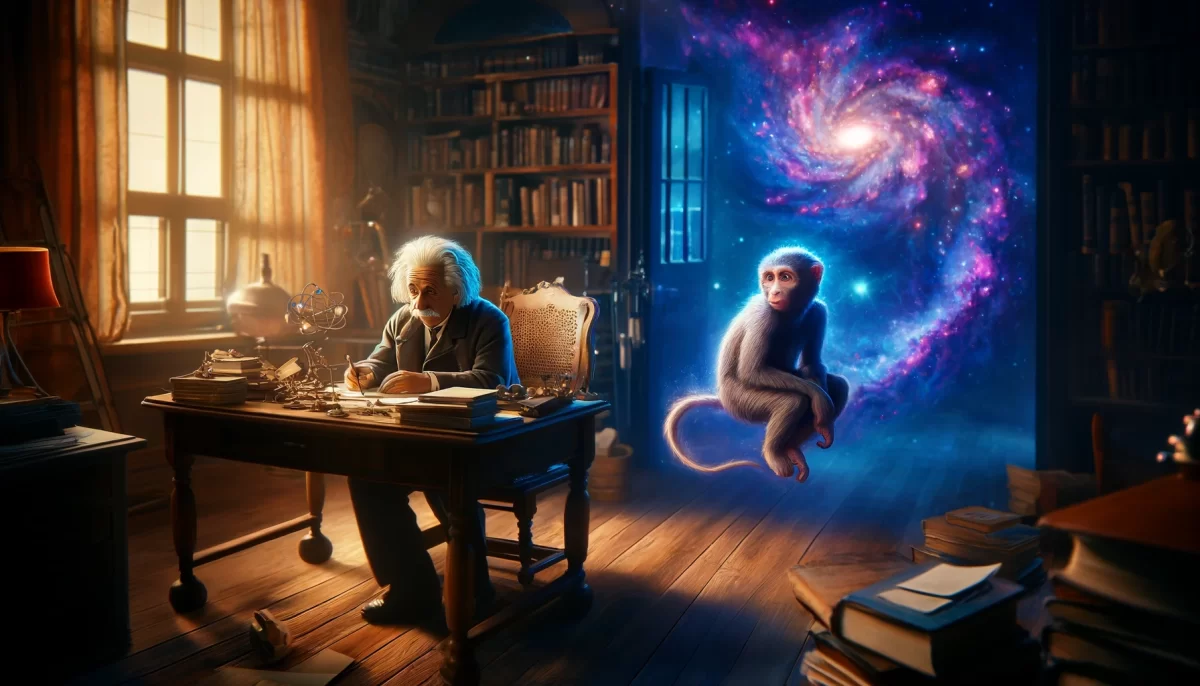
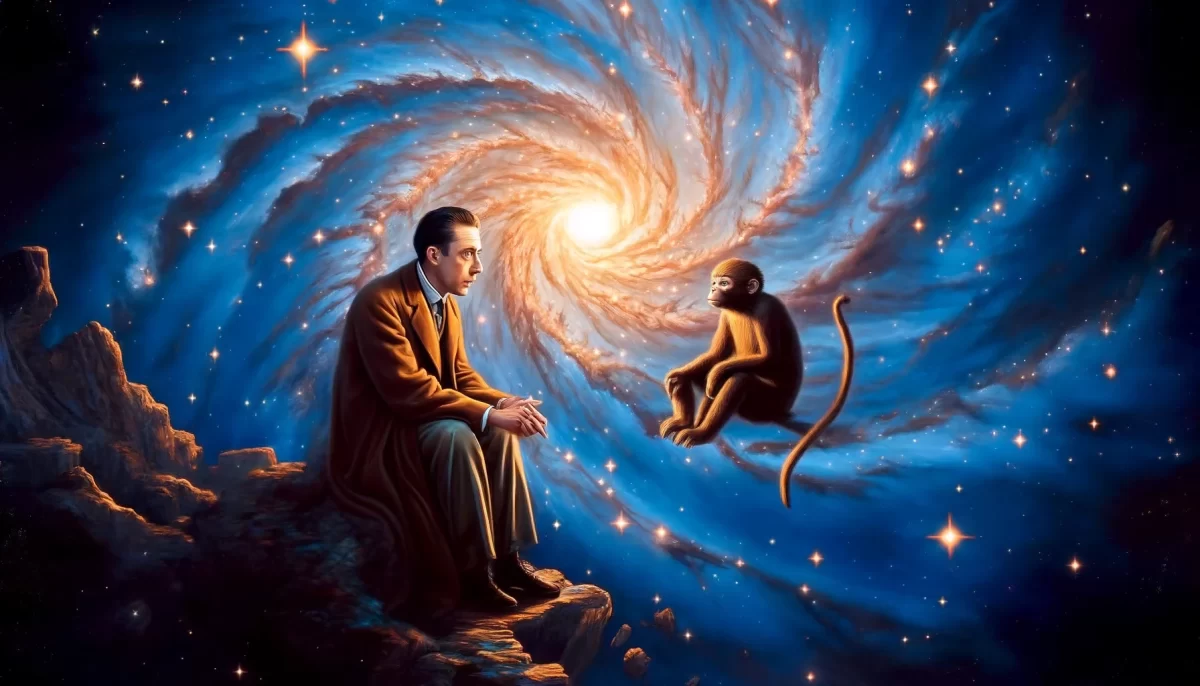





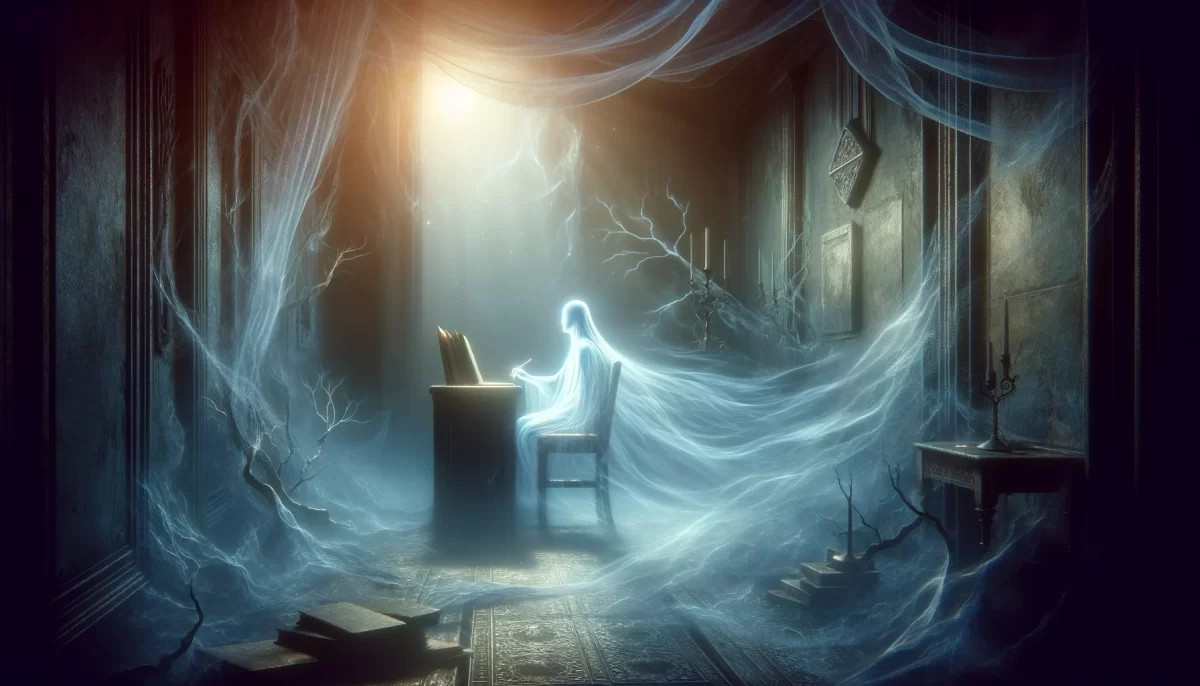
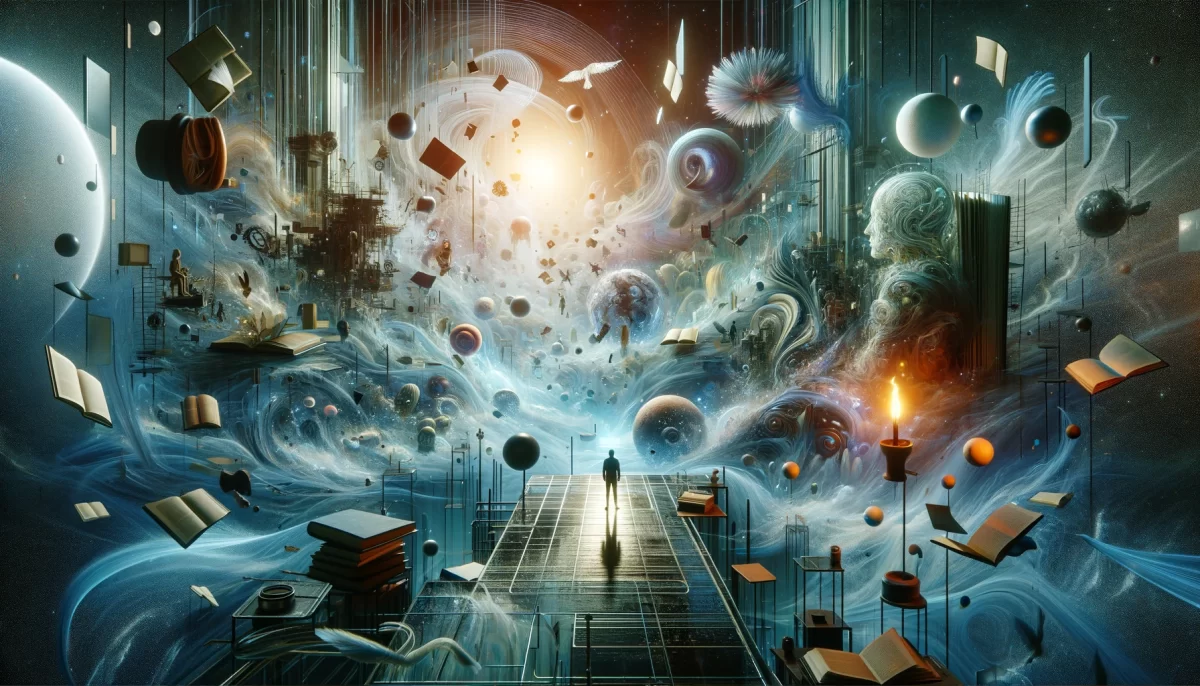



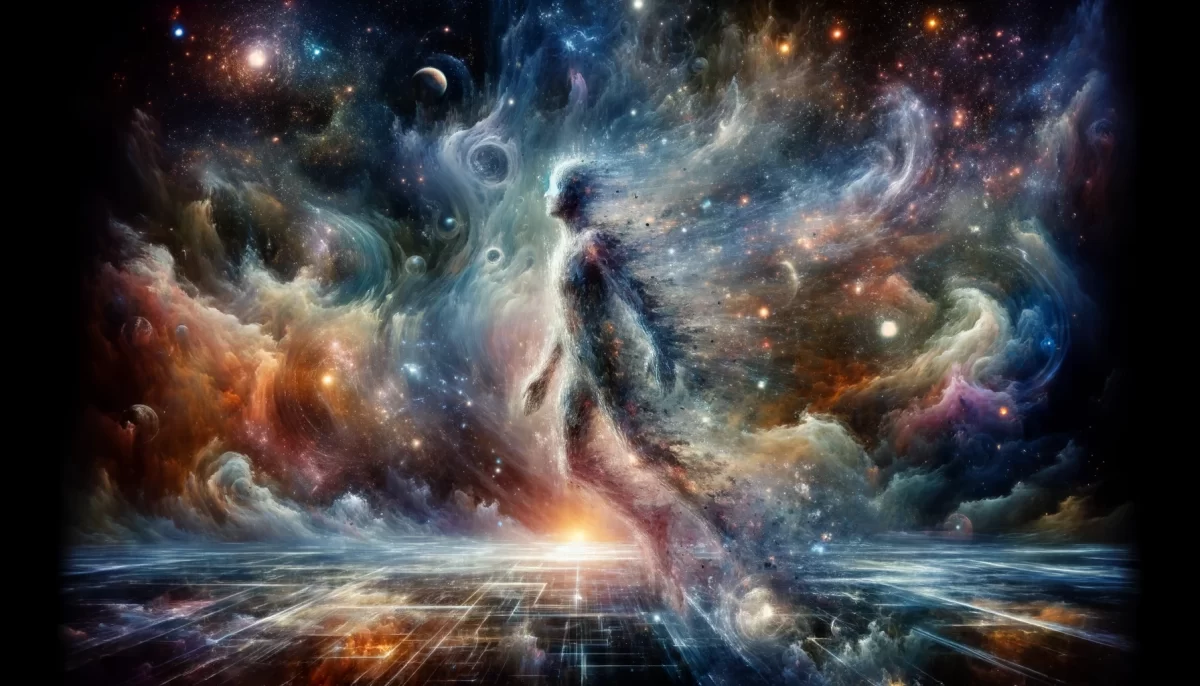
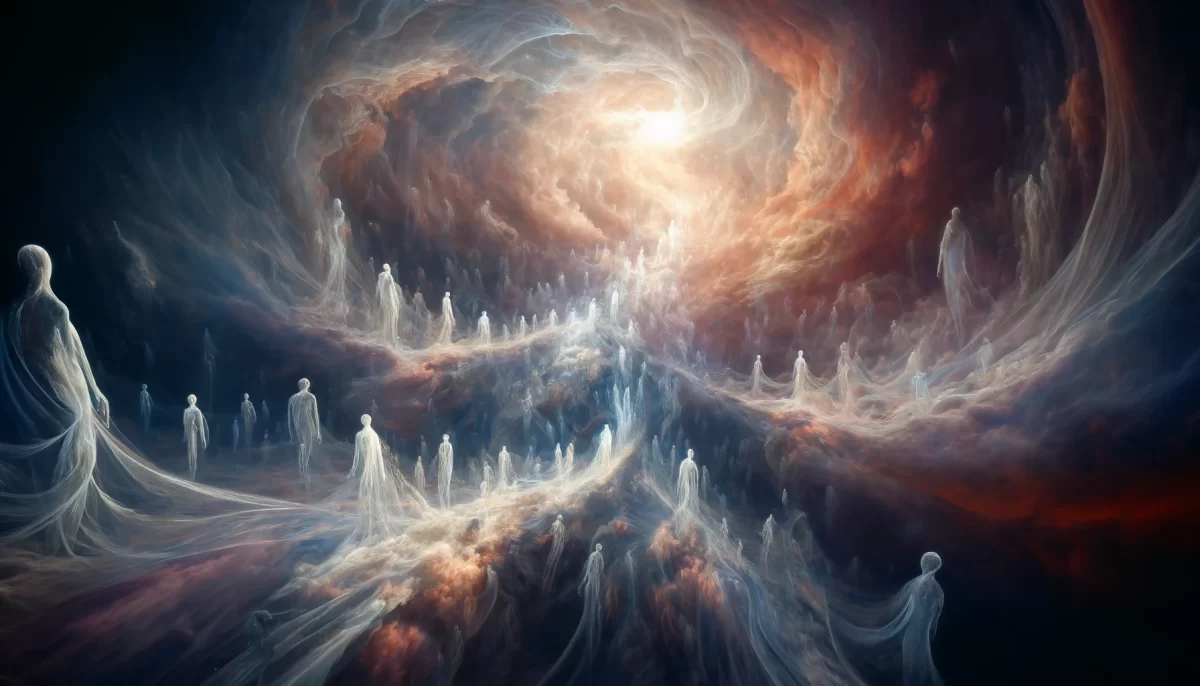
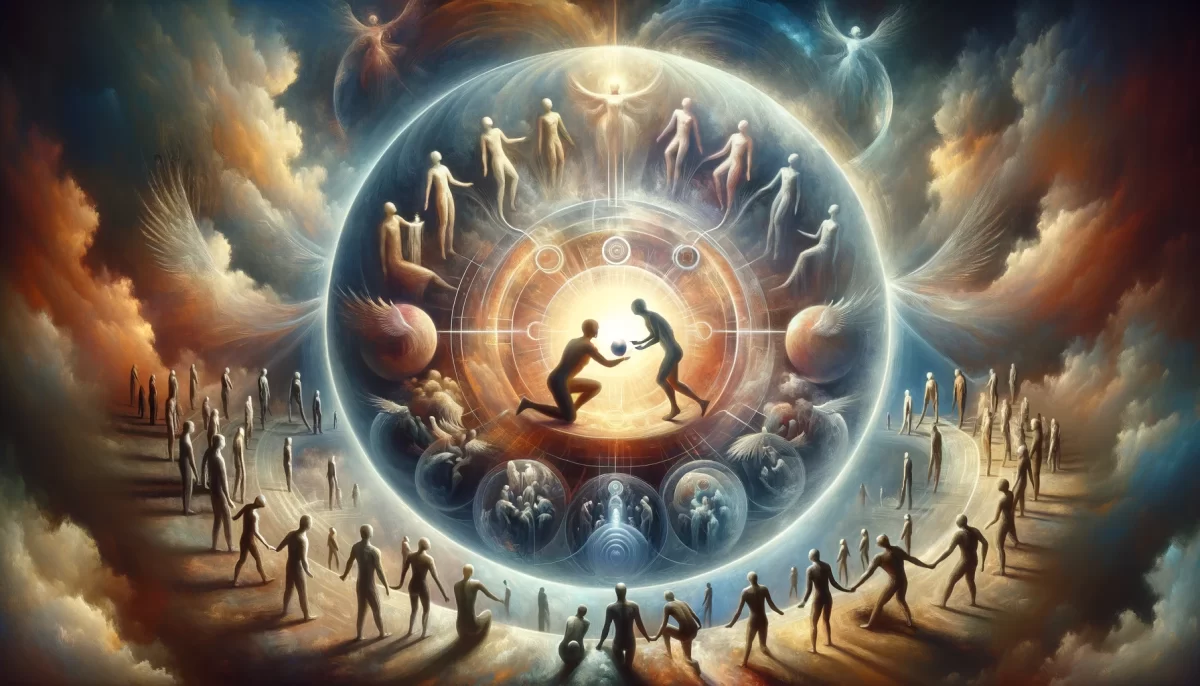

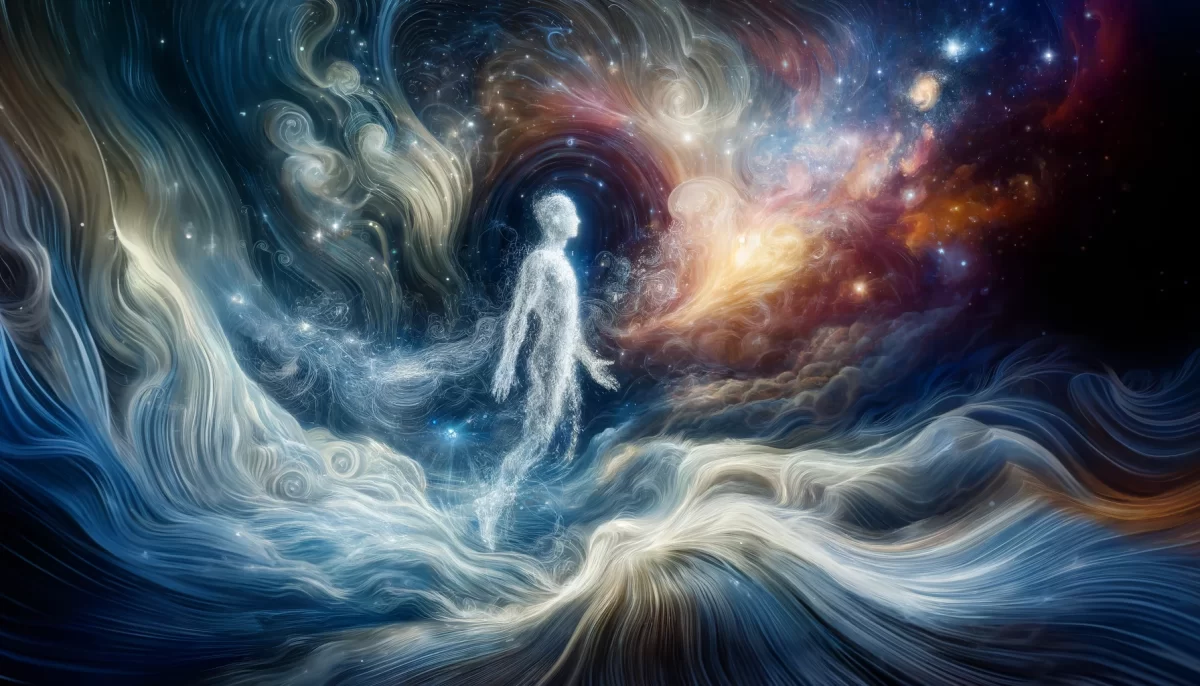
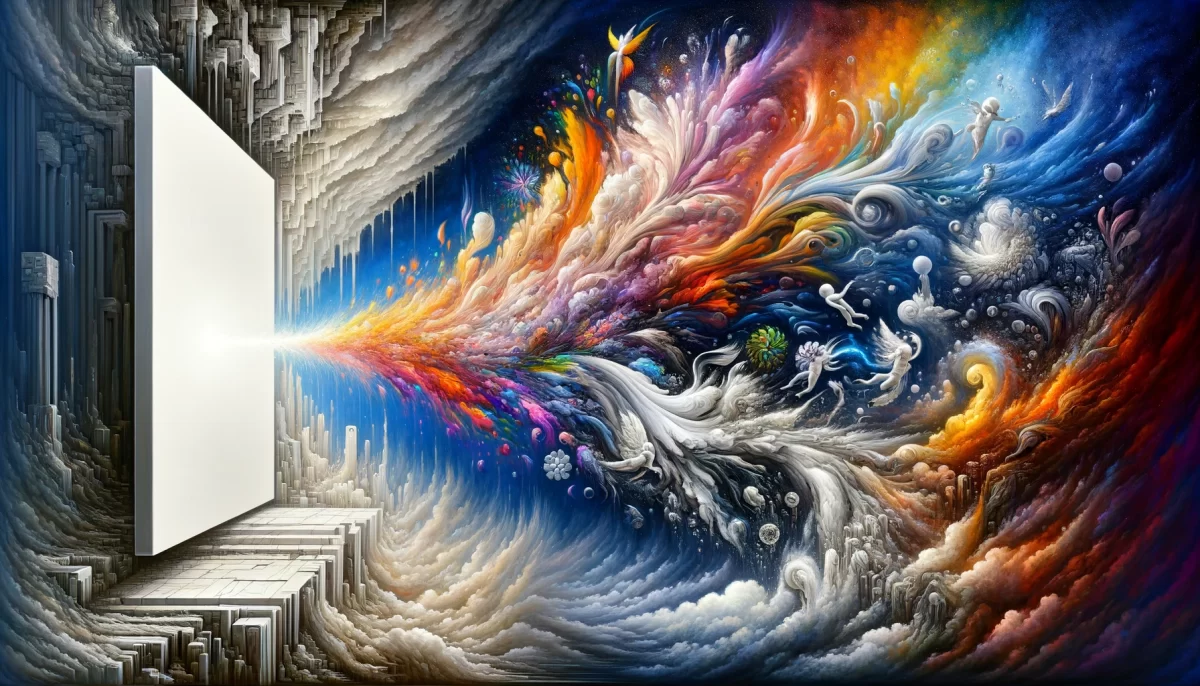


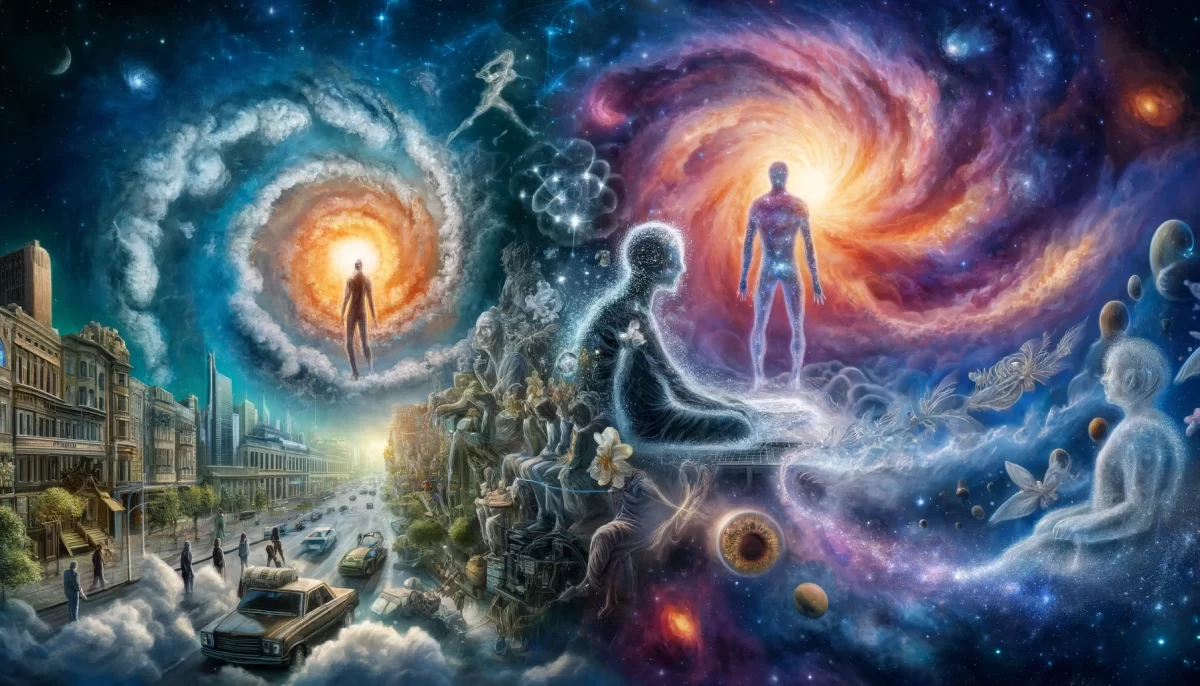

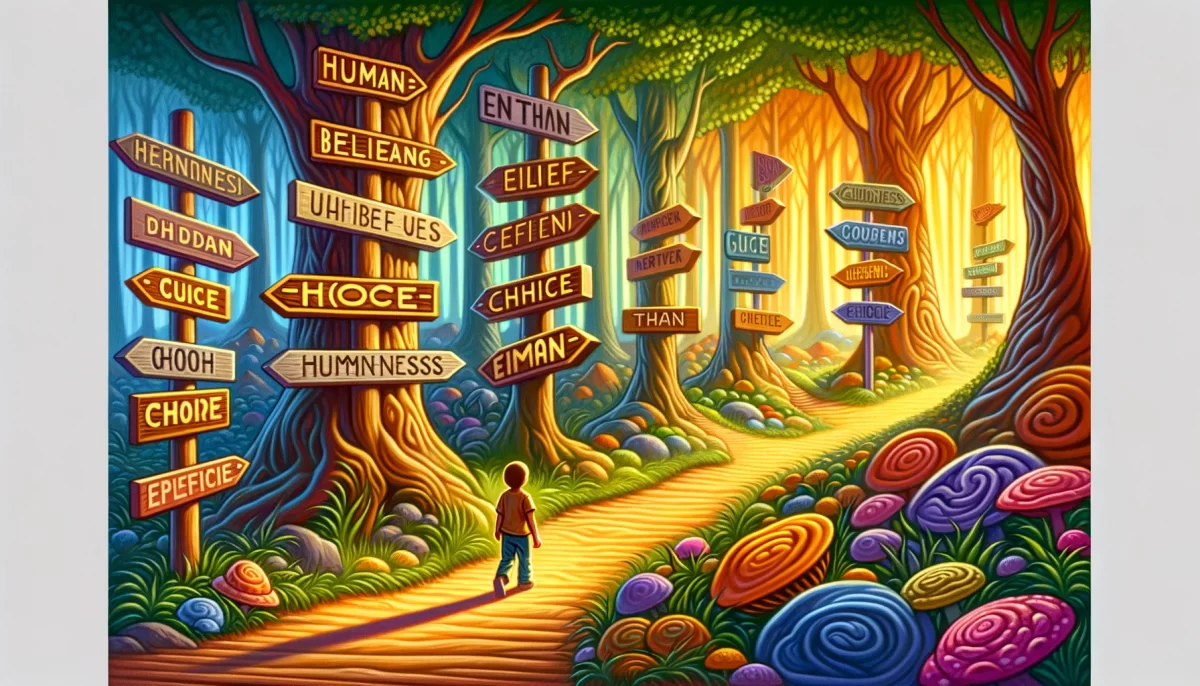
Leave a Reply